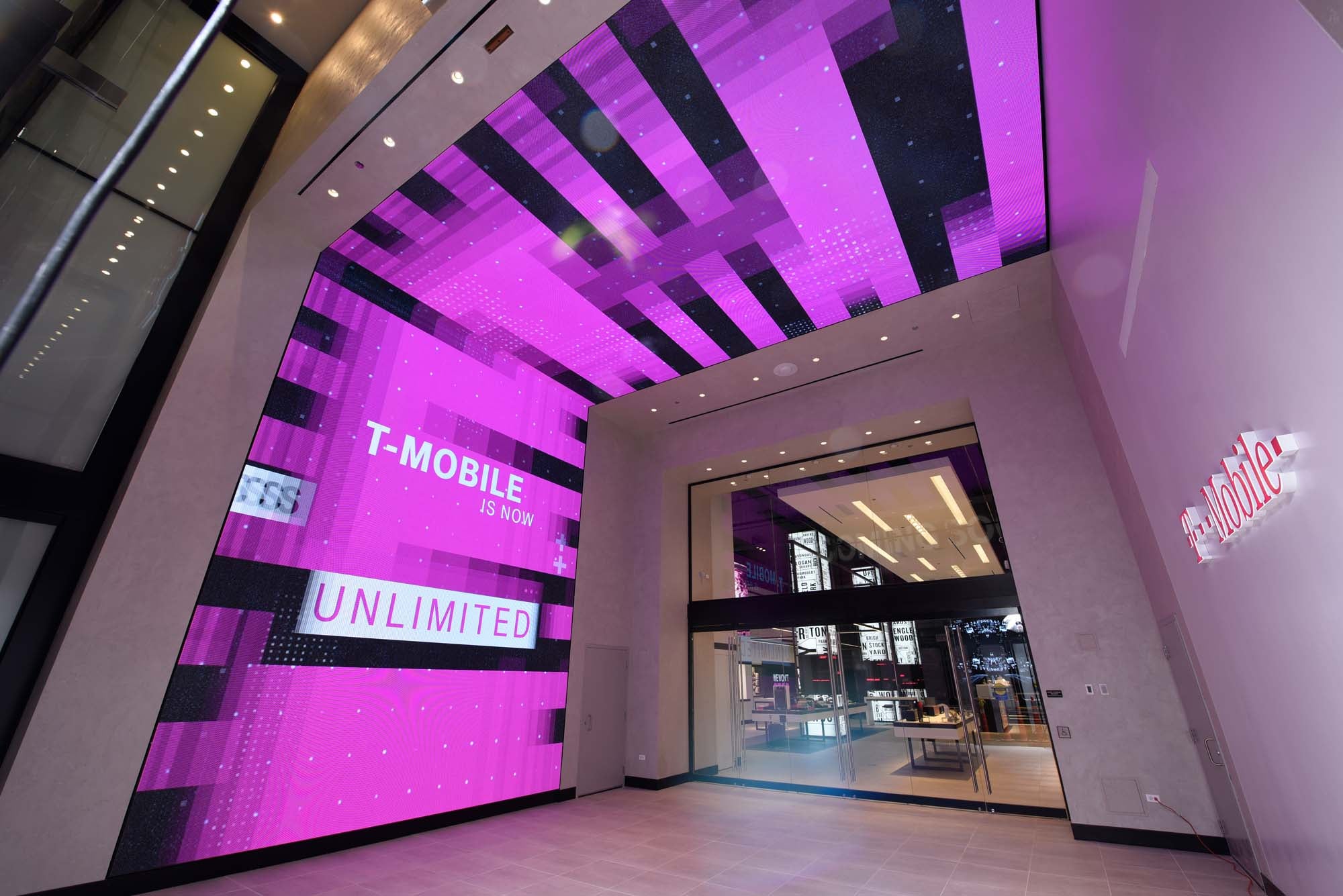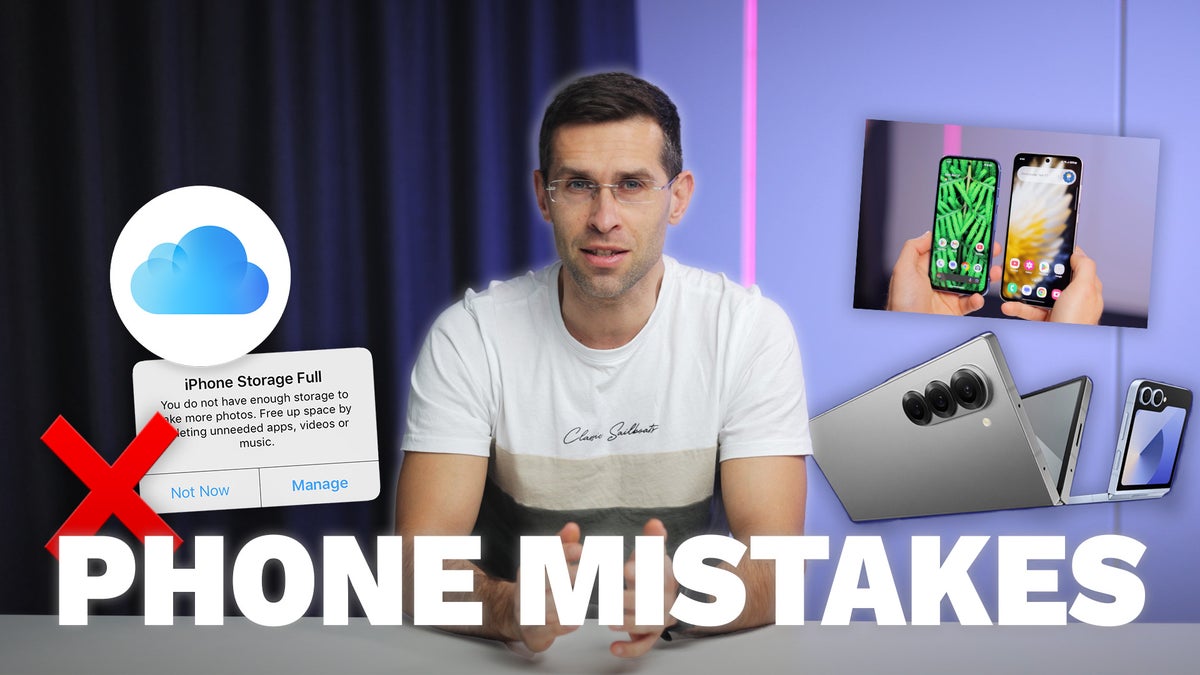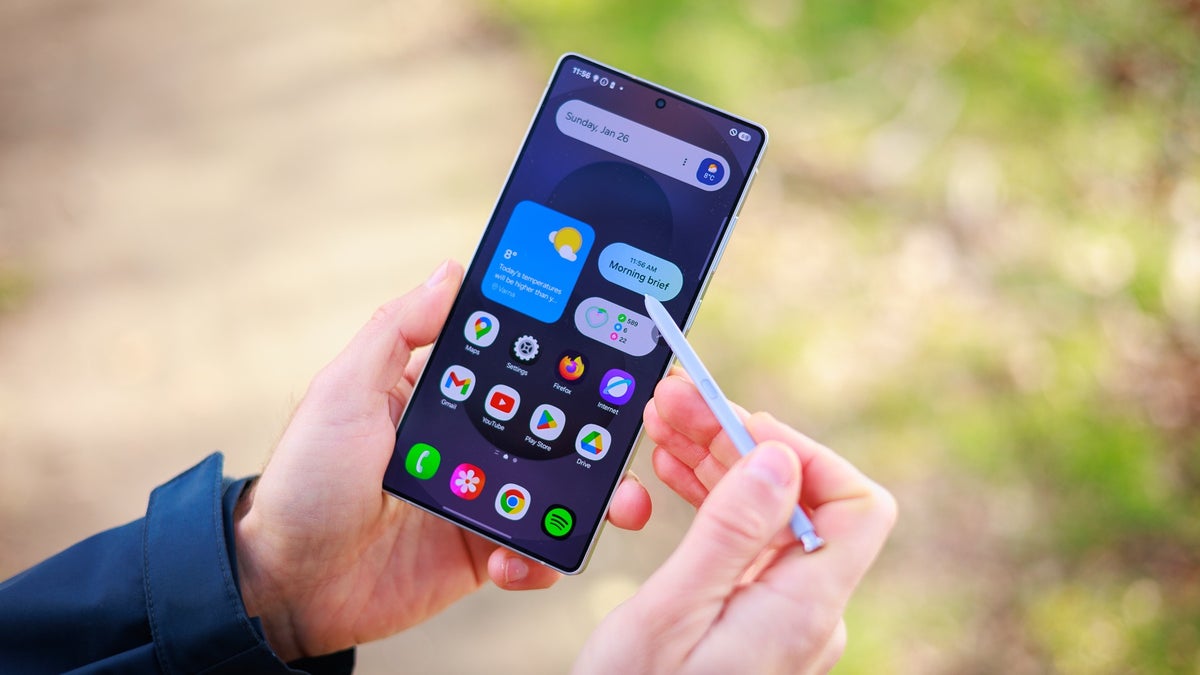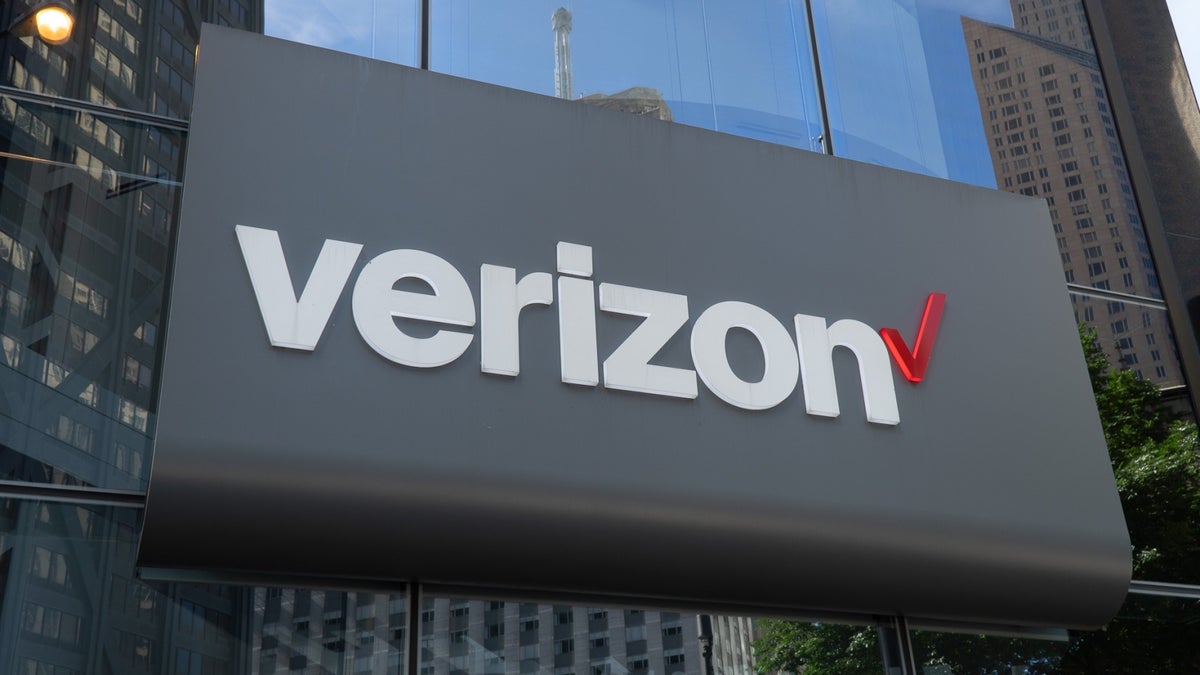
In April 2024, T-Mobile, as well as AT & T and Verizon, was fined to share the client site data with the compounds without their consent. The fine was proposed for the first time by the Federal Communications Committee (FCC) in 2020 when it discovered that the compounds were sending site information to third parties. T-Mobile now challenges the decision.T-Mobile And FCC On Monday, he fought a fine of $ 92 million imposed on April last year. basis T-MobileArguments is June The Supreme Court decision, which reduced the authority of the Securities and Stock Exchange Committee. Instructions were directed to the Securities and Stock Exchange Committee to go to the Federal Court -where jury bodies are used to determine the case -to ask for damage instead of relying on an internal judicial process. T-Mobile He says that the Supreme Court’s decision on the Securities and Stock Exchange Committee against Jarkese should nullify the FCC penalty system. The Federal Communications Committee (FCC) had previously argued that the ruling did not apply to the Federal Communications Committee (FCC) because companies have the option to refuse to pay the fine and allow the Ministry of Justice to take over, and in this case the trial of the jury will be possible. This logic did not convince the judges, who said this road required companies to give up legal failures. One of the reasons behind this AT & T, T-MobileAnd Verizon fines were paid They were allowed to appeal the decision.
Another thing is the weakest issue of the Federal Communications Committee is that in most cases, transport companies systems have worked in place to maintain the customer’s data safe, and only a small number of users were affected by unauthorized requests. The Federal Communications Committee (FCC) confirmed that companies did not do enough to protect the customer data after it appeared that Securus, a telecommunications company that serves prisons, was providing site data to Missouri Sherif without the orders of the court who used it to track mobile phone users.
T-Mobile Other wireless companies also argued that the data concerned is not protected under the Communications Law. They say that the law only holds the responsibility for the data they have as a result of providing audio services, not the information they have as a result of providing data services.
The judge’s committee was skeptical in this claim and said that the transport companies must protect all the information assigned to it.
If the court decides T-MobileIn favor, the Federal Communications Committee (FCC) may make more cautious about how he dealt with such incidents in the future.
Download











